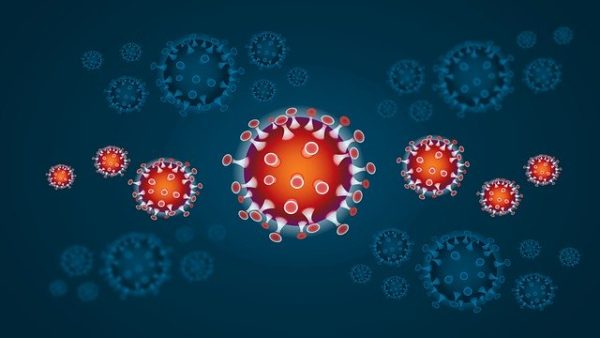Great Barrington Declaration: Thousands of Health Experts Join Anti-Lockdown Movement

Nearly 6,000 scientists and health experts have joined the Great Barrington Declaration – a global movement warning of “grave concerns” about Covid-19 lockdown policies.
They say the approach is having a devastating impact on physical and mental health as well as society.
Experts are calling for protection to be focused on the vulnerable, while healthy people get on with their lives.
The declaration has prompted warnings by others in the scientific community.
Critics have pointed out that a more targeted approach could make it difficult to protect vulnerable people entirely and the risk of long-term complications from coronavirus mean many others are also at risk.
The movement – known as the Great Barrington Declaration – started in the US.
The declaration has now been signed by nearly 6,000 scientists and medical experts across the globe as well as 50,000 members of the public.
They say keeping the lockdown policies in place until a vaccine is available would cause “irreparable damage, with the underprivileged disproportionately harmed”.
The health harms cited include lower childhood vaccination rates and worsening care for heart disease and cancer patients.
They point out the risk from coronavirus is 1,000 times greater for the old and infirm, with children more at risk from flu than Covid-19.
As immunity builds in the population, the risk of infection to all – including the vulnerable – falls, they say.
This would be a much more “compassionate” approach.
Coronavirus: France to Close Paris Bars as Covid-19 Cases Spike
Coronavirus: Partial Lockdown Imposed on Madrid
The declaration recommends a number of measures to protect the vulnerable, including regular testing of care-home workers, with a move as far as possible towards using staff who have acquired immunity.
Retired people living at home should have groceries and other essentials delivered, it says.
When possible, they should meet family members outside rather than inside.
Simple hygiene measures, such as hand washing and staying home when sick, should be practiced by everyone.
However, young low-risk individuals should be allowed to work normally, schools and universities should be open for in-person teaching, sports and cultural activities could resume and restaurants reopen.
